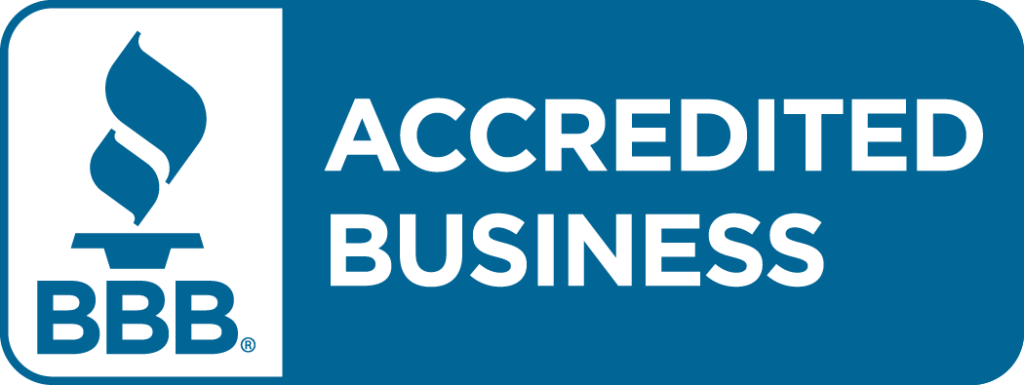When the focus of recruiting is simply to fill an empty truck, it is easy to overlook the truck driver. A driver becomes nothing more than a number to your fleet when you focus on their capability to deliver a load and ignore their well-being, future at the company, or the state of the environment they work in. This, unfortunately, is a common culture in trucking and, as you can imagine, is not attractive to drivers. We have seen proof of this in our own driver research.
According to our research, a lack of respect and appreciation is the second thing drivers dislike most about their job (the first being the hardships caused by regulations). We’ve also learned through our research that majority of the reasons drivers believe fleets are having trouble finding drivers are centered around a lack of care for drivers:

You can have the most personalized and humanized advertising and recruiting process out there. But if in the end, your fleet does not reflect the values implied in your advertising, you will lose those hires. If you want to acquire and keep good drivers, it is best to begin by making your fleet a place where drivers want to work. How do you do this? You must build a culture that puts drivers first.
There are fleets out there who have created such a culture and are currently reaping the benefits. We spoke to one of those fleets and they gave us an in-depth look at how they built a driver-centric culture for their company.
[hr style=”3″ margin=”40px 0px 40px 0px”]
The Client: Hirschbach

Hirschbach is a privately owned carrier based in Dubuque, IA that specializes in regional, dedicated and over the road refrigerated transportation. Over their 80 years of operation, they have built a reputation on being environmentally friendly and fuel-efficient, but most importantly, have cultivated a family atmosphere within their company.
[hr style=”3″ margin=”40px 0px 40px 0px”]
The Change
According to Hirschbach’s Chief People Officer, Jessie Burnette, the fleet started out with 1 truck in 1935. By the time Jessie became a part of Hirschbach, they had around 400 trucks. Anyone who qualified to work for the company was invited to orientation. Whoever showed up and passed the minimum requirements was hired. The change in the company’s culture began after Brad Pinchuck and Tom Grojean, Jr. purchased the company from Tom Grojean, Sr. in 2012. With new ownership came a new vision to always put drivers first. They worked to cultivate this vision within the areas of their business that directly affected a driver.
Where the Driver Works
With the majority of a driver’s career taking place in a truck, Hirschbach wanted to find a way to make their workspace conducive for the long hours spent there.
[testimonial author=”Jessie Burnette, CPO of Hirschbach”]“The world of driving trucks can be very hard. People are away from their homes, away from their families. We wanted to make sure they have all the comfort and luxuries in their trucks that we could possibly give them.”[/testimonial]
Implementing the new vision started with getting newer trucks and keeping them well-maintained. It also meant providing amenities to make the trucks feel more at home like free DirecTV, XM Radio, fridge, APU, inverter, etc.
Who the Driver Works With
Hirschbach knew that if they were going to change the culture of their business, that would also mean changing the way the people who worked in their office saw drivers. So they hire staff who are invested in taking care of their drivers, people who will fit into the culture of the company.
[testimonial author=”Jessie Burnette, CPO of Hirschbach”]“With every person we hire within the company, we make sure that we hire the right people who take care of all of our drivers. It starts with every applicant being screened internally. A lot of our interview questions for staff hires relate to their thoughts and perceptions on this industry. For instance, we ask what their impression of a truck driver is. Nothing in this company is just about putting people in seats— not staff or drivers. We only hire good people who will take care of our drivers and this is what we expect. That is the Hirschbach way.”[/testimonial]
How People Relate to the Driver
One of the biggest changes to Hirschbach’s culture (as mentioned above) was how staff interacted with the company’s current drivers. According to Jessie Burnette, the staff focused on building sincere bonds with drivers where they got to know the drivers beyond their work environment e.g. learning about drivers’ families. As a result of this bond, they were able to involve drivers in the hiring process.
[testimonial author=”Jessie Burnette, CPO of Hirschbach”]“I would tell my drivers sincerely, ‘Hey, I need help. I have two trucks. They’re not filled right now. Do you think you could find somebody to drive those for me?’ They would go out and do the job for me. And as a recruiter, I had to make sure that if I bring this referral on, I have to take care of them. I said, ‘I’ll do whatever I can to make sure your guy is taken care of.’ It evolved from that referral base, making sure that we not only took care of our drivers but we took care of their referrals.”[/testimonial]
How the Driver is Treated
In addition to building relationships with drivers and making their work environment more comfortable for them, Hirschbach works hard to respect their drivers.
[testimonial author=”Jessie Burnette, CPO of Hirschbach”]“A lot of people have certain misconceptions of what a truck driver is, and so when they call in or have to go to a shipper or receiver, they’re not always kind. It’s part of their world: the driver is on the road and people are cutting off their trucks or a shipper/receiver isn’t treating them well. Or when they go into the stores, people see the semi-truck and treat them as if they aren’t their equals. So I think that having that respect from us and knowing how much we care about them means a lot to them.”[/testimonial]
What’s Important to the Driver
Tapping into what matters to a driver was an important element in learning how to relate and cater to drivers.
[testimonial author=”Jessie Burnette, CPO of Hirschbach”]“Everyone says the same things: Drivers are focused on hometime and pay. I personally think it’s more than that. Feeling that they’re a part of something bigger than themselves. Drivers, most of these guys and gals are on the road by themselves. They’re driving a truck because typically, it’s either better money than what they can get at home or they like being alone. They like driving on the road. I truly think they want to be a part of something bigger. Also, if they have an issue, being able to get a hold of somebody is super important.”[/testimonial]
[testimonial author=”Bianca Sanchez, Marketing & Social Media Manager of Hirschbach”]“Knowing that we care beyond getting the load delivered. They have families. They have things that they need to get to and we understand that those are priorities in their lives. We listen to them when they have issues.”[/testimonial]
[hr style=”3″ margin=”40px 0px 40px 0px”]
The Results

As a result of cultivating a new culture, Hirschbach has seen a great change in their hiring process. The company has shifted from finding it difficult to find hires to having multiple choices of applicants for every open position. They’ve cultivated a culture of hiring people who want to be there, people who have found a place to belong — a home with Hirschbach.
Their new culture had a positive effect on their driver retention rate and has caused their fleet to grow to approximately 2,000 trucks. They are currently enjoying close relationships with their drivers and continue to have a strong referral base, thanks to Hirschbach drivers.
The current culture of Hirschbach or as they call it, ‘the Hirschbach way’, can be summed up in this statement:
[testimonial author=”Bianca Sanchez, Marketing & Social Media Manager of Hirschbach”]“We try to do everything we can to celebrate our drivers and celebrate their wins. We make sure that they know how much we appreciate the work that they do. And how they’re the driving force that keeps us going. Without them, we really wouldn’t have a company. So we try to do everything in our power to make sure they know how much we respect and care for them.”[/testimonial]



